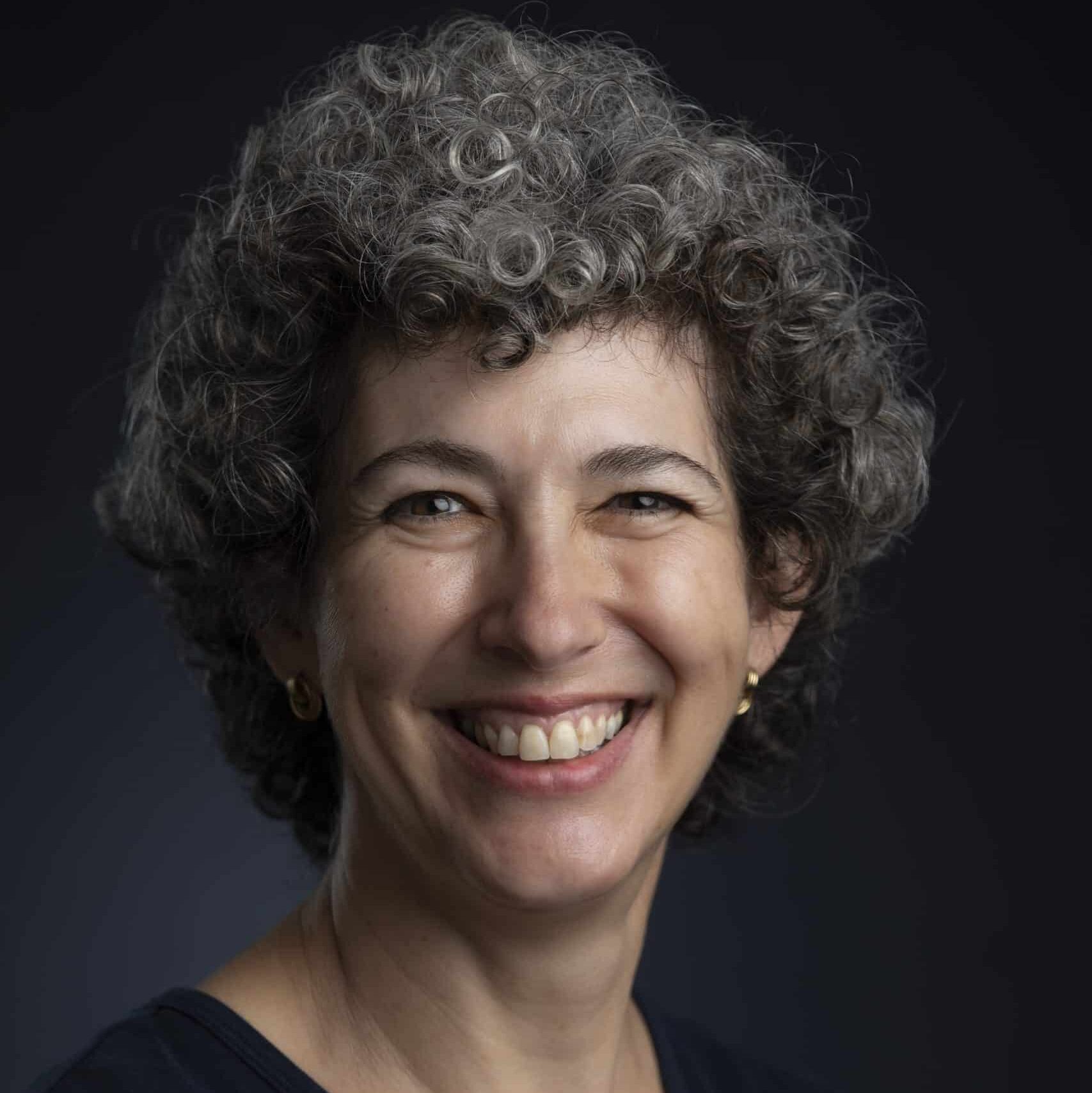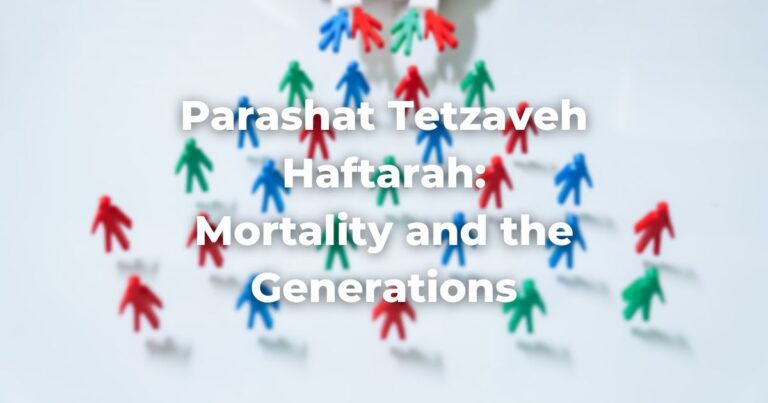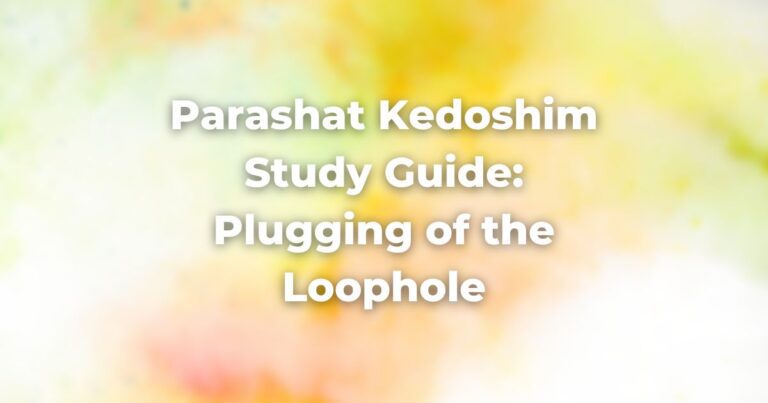Text: Bereshit 25:29-34
29 And Jacob cooked a stew; and Esau came in from the field, and he was weary. 30 And Esau said to Jacob, “feed me now from this red, red (adom, adom) thing, for I am weary.” Therefore his name was called Edom. 31 And Jacob said, “Sell me your firstborn right as of this day.” 32 And Esau said, “Behold, I am about to die; so what is the firstborn right to me?” 33 And Jacob said, “Swear to me as of this day.” And he swore to him and sold his firstborn right to Jacob. 34 And Jacob had given Esau bread and stew of lentils; and he ate and drank, and arose, and went his way; and Esau despised the firstborn right.
- Esau is painted in vivid colors. What kind of person is he?
- What might Jacob have meant by asking for the firstborn right “as of this day”? Did anything change in the household?
- What do you think that each of the brothers assumed was included in the firstborn right that was at the center of the transaction? Is this something that can be traded?
- Why do you think that Esau did not care about the firstborn right at this point?
Commentary: Hizkuni Bereshit 25:34
And Jacob gave Esau – together with the silver that he gave him as negotiated, he gave him bread and a lentil dish as testimony to the validity of the transaction, as is customary when doing transactions. Similarly, we find “and he call for his brethren to eat bread” (Bereshit 31:54) in the covenant between Jacob and Lavan.
- Hizkuni assumes that the price of the firstborn right was not a plate of food, so what purpose does the food serve?
- Why do you think that the Torah did not specify what the price was? And why is the event introduced by Esau returning weary from the field?
- Try to find support in the text for the idea that Jacob did not condition the food on the sale.
Commentary: Natziv Bereshit 25:34
Esau showed people that the main aspect of the firstborn right is not logical; rather, the one who is more talented and advanced should be the one esteemed among his brothers. Some of the great people of the world have followed Esau’s opinion and have disregarded the birth-order and valued the natural talents of a person.
- According to the Natziv, what right did Esau think that he was selling to Jacob? Why do you think that he regretted it only later?
- If this was indeed Esau’s reasoning, what do you think of Esau? Is this commentary favorable or critical of him? What picture does it paint of Jacob?
See more: Parashat Toldot
Originally posted as part of the Conservative Yeshiva at the Fuchsberg Jerusalem Center’s Torah Sparks. Support Torah learning from the Fuchsberg Jerusalem Center/Conservative Yeshiva for leaders and seekers around the world here.
Authors
-

Vered Hollander-Goldfarb teaches Tanach and Medieval Commentators at the Conservative Yeshiva and is a regular contributor to Torah Sparks, FJC’s weekly message on the weekly Torah portion. She received her M.A. in Judaic Studies and Tanach from the Bernard Revel Graduate School of Yeshiva University and studied at Bar-Ilan University and the Jewish Theological Seminary. Before making aliyah, Vered taught at Ramaz School and Stern College in New York.
-



The Fuchsberg Jerusalem Center (FJC) is a home in the heart of Jerusalem where leaders and seekers can find an authentic place in Jewish tradition to call their own. FJC offers opportunities to study, pray and explore within an egalitarian and inclusive setting, creating multiple pathways for finding personal and communal meaning.




